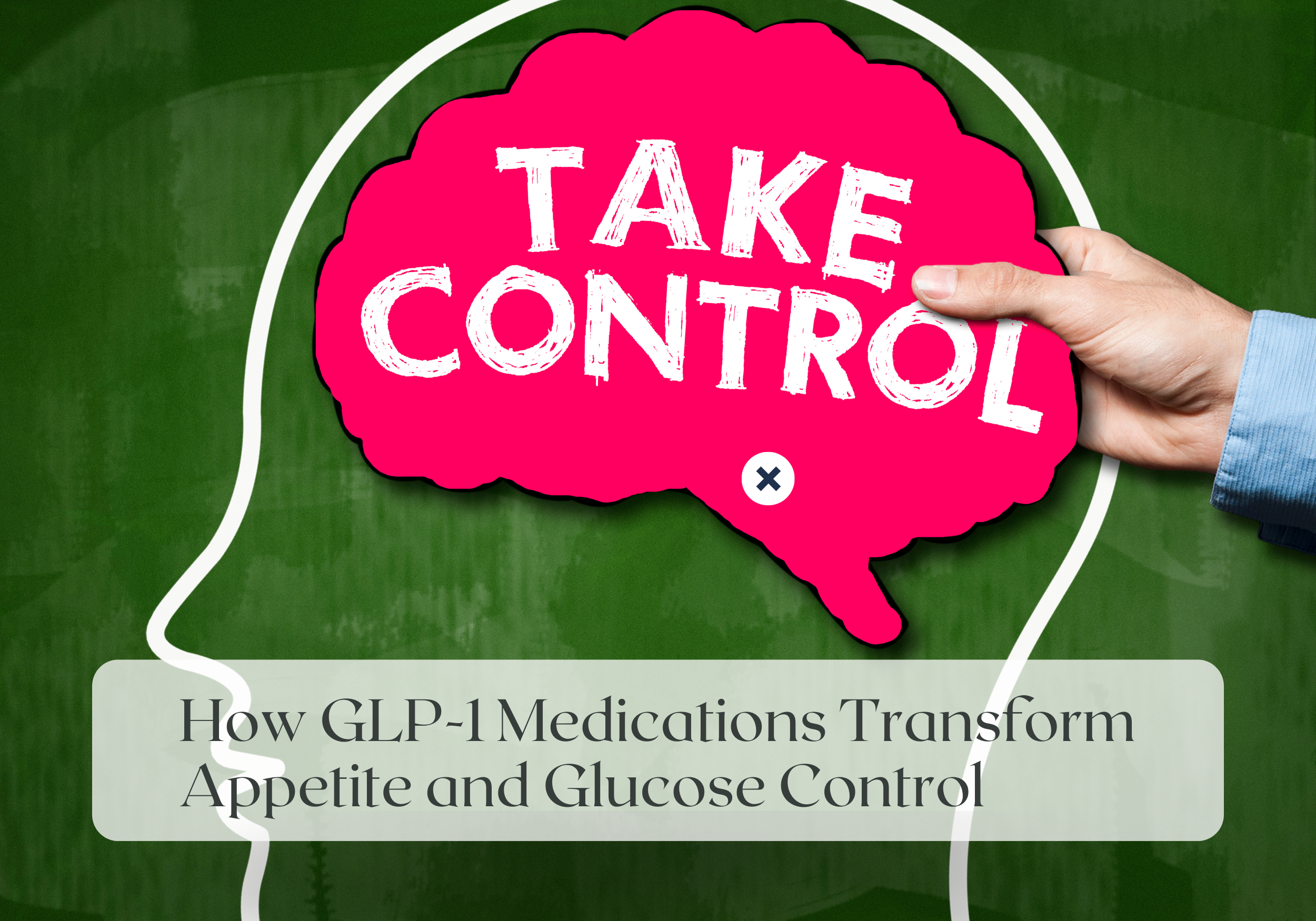
Blog

Wellness Wednesday: Understanding GLP-1 Medications and the Risks of Compounded Versions
GLP-1 medications like semaglutide and tirzepatide are transforming the way we think about obesity and metabolic health. But behind the headlines and hype lies a complex story, one that involves hormone pathways, appetite regulation, and important medical considerations that aren’t always discussed. Before you consider these therapies, or the growing market of compounded alternatives, it’s worth knowing exactly how they work, why some people need them while others don’t, and the very real risks involved when used outside of medical guidance.

Wellness Wednesday: Understanding Sugars
As a health coach, I’ve seen firsthand how clients struggle to make sense of sugar’s role in their diet. Some fear every gram, while others assume that switching to alternatives automatically guarantees health. The truth lies in understanding how different sugars, table sugar, high-fructose corn syrup, naturally occurring fructose, and even sugar alcohols, affect metabolism, energy, weight management, and long-term health. With the right knowledge, sugar becomes less of a mystery and more of a tool you can manage wisely.

Wellness Wednesday: How Insulin Resistance Affects Your Metabolism and Health
Insulin resistance is more than a buzzword, it’s a subtle, multi-system challenge that can quietly influence weight, energy, and long-term health. But what actually happens inside your muscles, liver, and fat cells when insulin signaling falters? And how can targeted lifestyle strategies, nutrition, and exercise recalibrate your metabolism before serious complications arise? Dive into our in-depth exploration to uncover the science behind insulin resistance and the practical steps that can transform your metabolic health.

Wellness Wednesday: How GLP-1 Medications Transform Appetite and Glucose Control
The rise of GLP-1 medications like semaglutide has sparked global conversations about weight management and metabolic health. But beyond the headlines lies a fascinating story of how these therapies work, not just in the bloodstream, but deep within the gut-brain axis that governs hunger, satiety, and blood sugar regulation. Could understanding this connection change the way we think about food, cravings, and chronic disease? Dive into the science behind GLP-1 agonists to discover how they influence both appetite and glucose control, and what that could mean for the future of wellness.

Wellness Wednesday: The Real Story on Detox Teas and What Your Body Needs to Cleanse
Detox teas and weight-loss shakes are everywhere, promising quick results and a “clean slate” for your body, but do they actually remove toxins or burn fat? Learn what happens in your body when you follow these trends, why the results are usually temporary, and the science-backed strategies that genuinely support detoxification, health, and long-term weight management.

Wellness Wednesday: Sweat, Weight Loss, and Detox Myths
Is sweat really “fat crying”? Can sitting in a sauna actually detox your body? These are common claims in fitness and wellness spaces, but the truth may surprise you. While sweat plays a crucial role in regulating temperature and signaling hydration status, its role in weight loss and detoxification is widely misunderstood. In this article, we’ll uncover what sweat is really made of, how your body manages toxins, and why relying on sweat alone isn’t the path to fat loss or cleansing, backed by science, not hype.

Wellness Wednesday: The Truth About Water Fasting
Water fasting has been trending as the ultimate way to “reset” the body, but is it really as powerful, or safe, as it seems? From fat loss and muscle breakdown to changes in metabolism and nutrition, fasting impacts the body in complex ways. Before diving headfirst into days, or even weeks, of nothing but water, it’s worth knowing what science says actually happens inside your body.

Wellness Wednesday: What a Dietitian Says About Mono-Food Fast and Their Hidden Risks
Quick-fix diets like the watermelon fast often deliver rapid but fleeting results, leaving people wondering if the sacrifice was worth it. Are these short-term “successes” masking deeper risks to your health and metabolism? In this article, a registered dietitian unpacks the science behind monofood diets, explores why they seem to work at first, and reveals the smarter, safer strategies you can use to achieve real, lasting progress.

Wellness Wednesday: How Your Body Detoxes Naturally - and Why Teas Don’t Help
Detox teas and supplements claim to flush toxins, shrink your waistline, and restore balance, but are they really doing what they say? The truth is that your liver, kidneys, lungs, and even your skin are constantly working to cleanse and protect you. So where do these products fit in, and do they help, hinder, or simply waste your money? Dive into the science of detoxification to uncover what your body truly needs to stay balanced, energized, and resilient.

Wellness Wednesday: How Nutrition and Exercise Slow the Progression of Sarcopenia
Muscle loss may seem like an inevitable part of aging, but science tells a different story. Sarcopenia can be slowed, and even partially reversed, with the right blend of nutrition and physical activity. Discover how small, consistent changes in diet and movement can protect strength, preserve independence, and transform the way we age.

